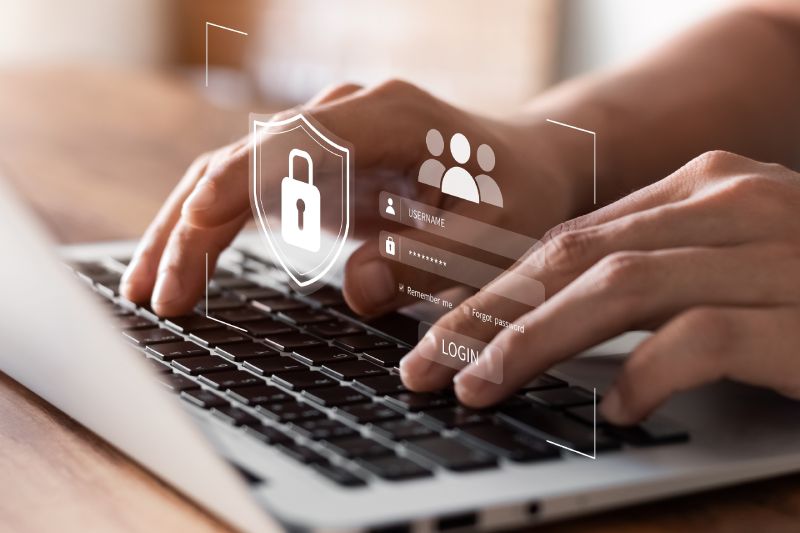
Almost every day, we transfer money online for a variety of purposes, including playing games on our phones, making monthly payments, and switching between bank accounts. Money management has been simplified and expedited by the digital age, however using online systems increases the chance of having your money stolen by hackers.
Examine the safety measures you should implement while transferring and spending money online to protect your money from loss.
Above all, until you are certain that the person is trustworthy, you must keep your personal information confidential. In response to a surge in cybercrime cases, the government launched a significant campaign in 2024 to combat fraud. The campaign advised citizens to “Stop! Think Fraud” before responding to emails and texts asking personal information.
Cybercriminals are skilled at devising strategies to deceive you into disclosing personal information. Examples include posing as well-known businesses, posing as urgent demand scammers (such as those involving SMS parcel delivery), and enticing customers with exclusive deals.
Recall that respectable establishments will never request that you divulge your personal details online. It is advisable to meticulously examine the sender data of dubious emails and texts, as attempted hackers typically reveal the email address or mobile number.
Make sure websites are secure before entering your name, address, and credit card information, whether you’re making a big purchase, purchasing a new outfit, or making a deposit to play online bingo on your phone.
A secure website can be identified by looking at the URL, which should start with “https,” where the “s” stands for secure. This indicates that all data transferred from your browser to their platform is encrypted and that the website is secured by a Secure Sockets Layer (SSL) certificate.
Before transferring money using their platform, the majority of reliable websites will require you to register an account and provide a password. This aids in authenticating internet users and removing hacking attempts that are either human or machine-led.
Regardless of the website or the amount of money you’re spending, always use a secure password. Robust passwords consist of a blend of capital and lowercase characters, digits, and symbols, and must not be associated with any personal details like your name or birthdate.
Finally, be careful not to click on strange URLs without first verifying that the request is coming from a reputable source. Your hackers may be able to access your accounts and obtain valuable personal information if you enter information through these links.
Always take the time to confirm the sender’s information, and instead of opening the link in your browser, hover over it to read the URL. When in doubt, give someone a call to confirm.
May is Small Business Month, a time to honor and recognize the achievements of the… Read More
Swiss International University (SIU) is on track to be one of the world's most respected… Read More
In a session that left students buzzing with fresh ideas and practical insights, Invertis University… Read More
At the 21st Shanghai International Automobile Industry Exhibition, which is surging with the wave of… Read More
Liverpool, UK—House of Spells and Comic Con Liverpool are once again collaborating to bring the… Read More
Introduction In India's booming EdTech space, there's one name that's making waves among Telugu students… Read More